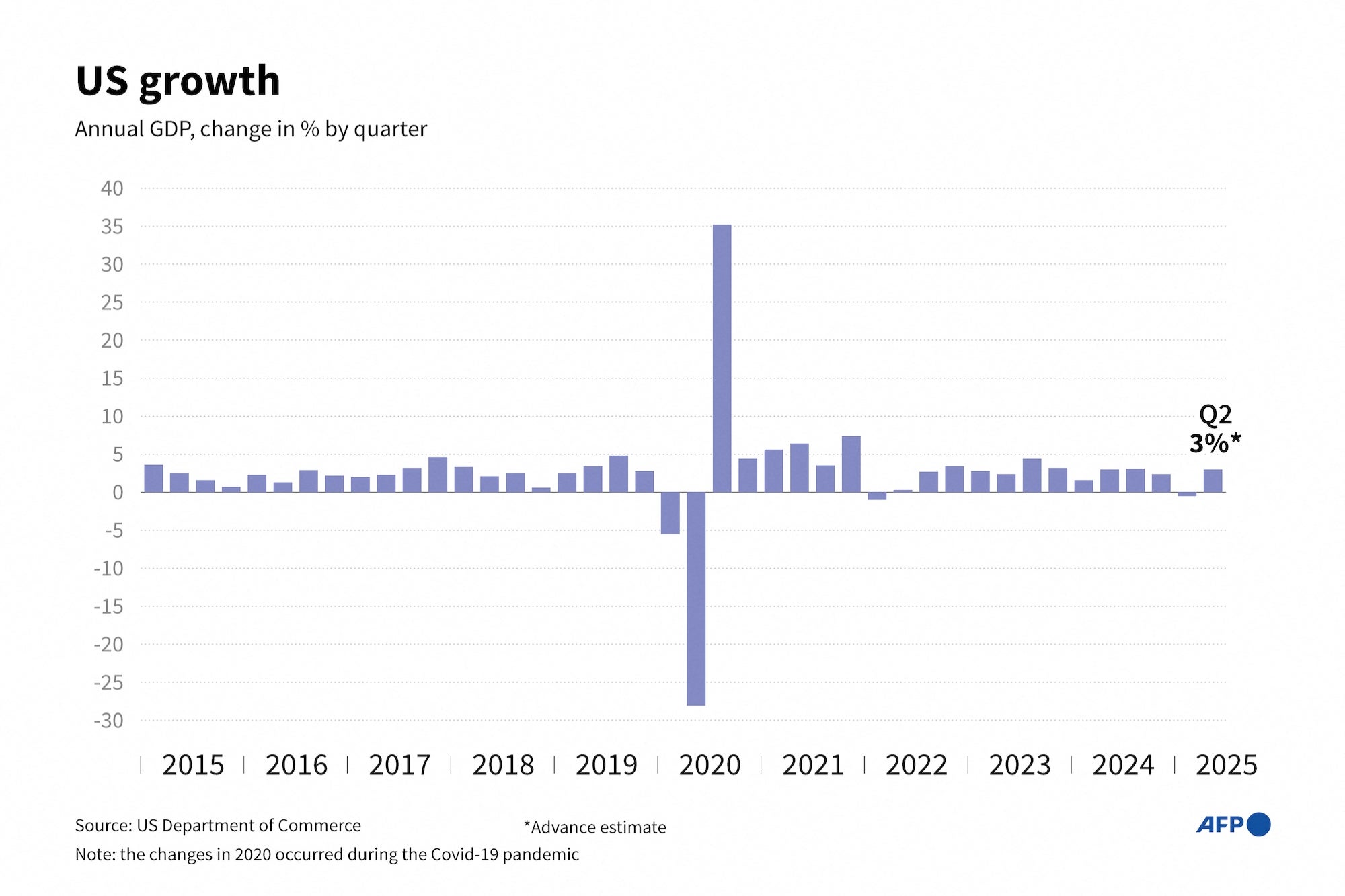How Warby Parker Used the Element of Surprise to Win Over Customers Warby Parker Co-CEO and founder Neil Blumenthal explains how inspiration can come from the most unlikely sources.
By Nina Zipkin
Warby Parker co-founder and co-CEO Neil Blumenthal has always been passionate about helping people see the world a bit more clearly. In 2009, Blumenthal founded Warby Parker with Wharton School classmates and friends Andrew Hunt, David Gilboa and Jeffrey Raider. In the last five years the inventive eyewear company has become known for its style and price point (their custom glasses start at $95), social responsibility and transparency. Not only have more than 500,000 eyeglasses have been donated through the company's Buy a Pair, Give a Pair program, Warby Parker is continuing their success with the opening a new storefront in New York City this month.
Before Warby Parker, Blumenthal was the director of VisionSpring, a nonprofit (and current Warby Parker partner) that empowers female BIZ Experiencess and provides affordable glasses to communities in developing nations all over the world.
We spoke with Blumenthal about what attracts him into the social-entrepreneurship world, inspiration, authenticity and taking worthwhile risks.
Related: How Niche Players Can Compete Against Big Brands
Q: Knowing what you know now, what would you have done differently when you were younger and first starting up?
A: Take more creative risks.
Q: How did you learn this lesson?
A: A junior designer at the company had the inspired habit of creating infographics to document each year in his life -- the concerts he attended, the haircuts he got, the songs played on iTunes. We thought it could be a fascinating experiment to apply this format to the whole company, and that's how the 2011 Warby Parker Annual Report was born.
We've continued the tradition with increasingly in-depth and transparent reports. Our current specimen outlines every single day of 2013—we called it "On This Day in Warby Parker History."
Pouring resources into a quirky Annual Report wasn't an obvious decision, but it turned out to be a risk worth taking.
Related: From Google to Warby Parker: The Origins Behind 10 of the Wackiest Company Names
Q: How do you think young BIZ Experiencess might benefit from this insight?
A: Build the conditions for creativity at your office. Make it a place where ideas can be provoked, shared, and played with. Every Friday we have "Inspiration Friday" at Warby Parker, an hour where team members meet to discuss whatever is getting them excited -- whether it's a fast food packaging concept or an interactive music video from Arcade Fire.
Q: Besides invent a time machine, how might they realize these sorts of helpful pearls of wisdom sooner?
A: Think about the most memorable experience or interaction you've had with a brand. Was it unexpected? Surprising? Did it make you want to talk to your friends about it?
Surprises can turn out great or terrible, and most brands choose a middle route rather than taking that risk. Don't let that be you. One of the hardest things as an BIZ Experiences is making your product stand out and taking creative risks -- as long as they are thoughtful and authentic to your brand -- is a great way to do it.











